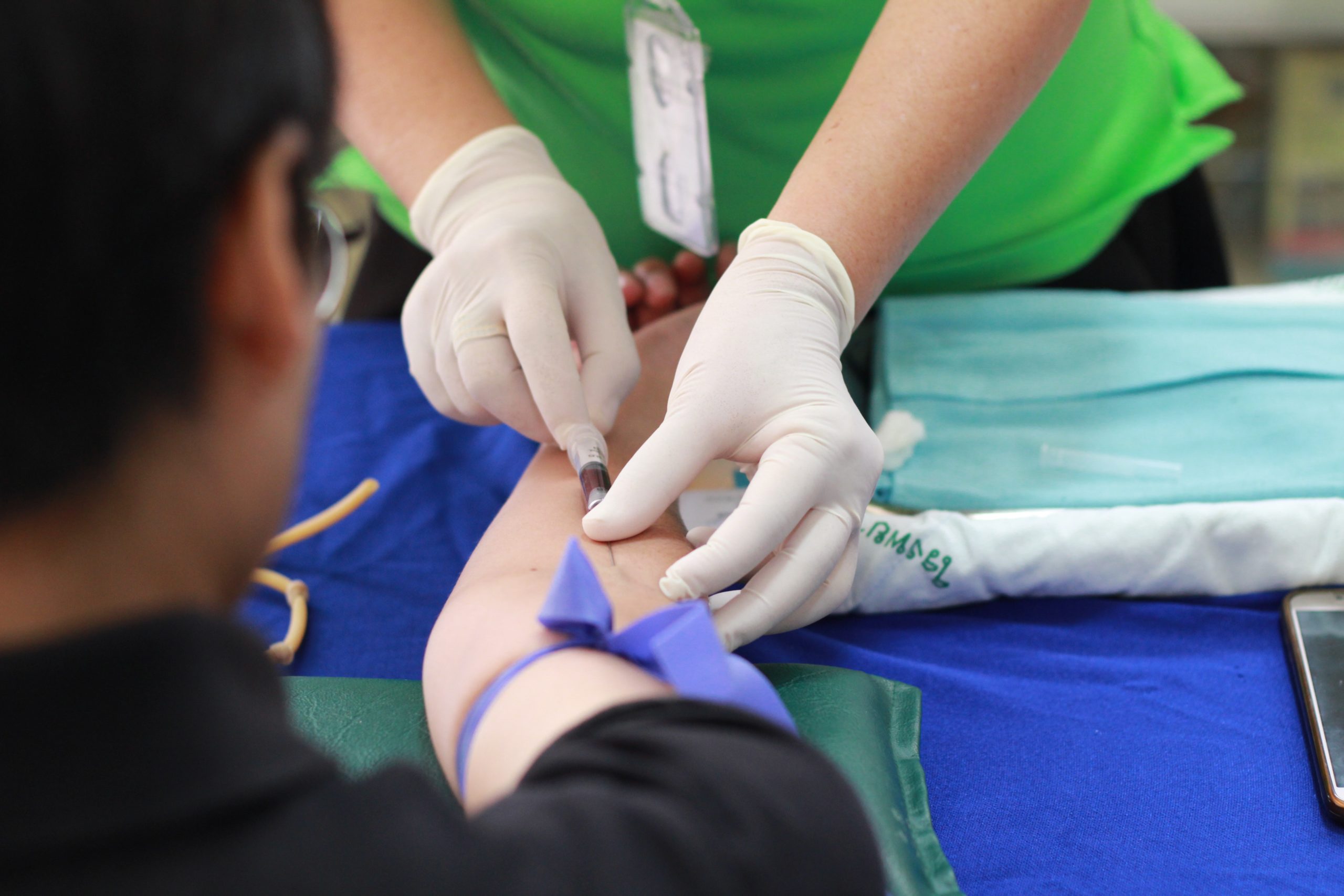Identifying Type 1 Diabetes Development
Type 1 diabetes develops when the body mistakenly attacks and destroys insulin-producing beta cells. As the number of cells depletes, the body is unable to adequately control blood sugar levels. Researchers have been striving to find a way to prevent this destruction from occurring or to find a way to replace these cells so that the body can once again manage its own blood sugar.
A recent study took a closer look at exactly when this transformation begins to take place and beta cells begin dying off. They found that in many participants, the decline started at least six months prior to when patients would meet clinical requirements for a type 1 diabetes diagnosis. Diagnostic thresholds are currently a “fasting glucose of ≥126 mg/mL or 2-hour glucose of ≥200 mg/dL.”
The study involved 80 patients split into three categories: younger than age 11, ages 11 to 20, and older than age 20. All participants were first- or second-degree relatives of someone with type 1 diabetes and were diagnosed themselves while undergoing oral glucose tolerance tests (OGTTs) every six months. The results showed that across all age groups, C-peptide levels started declining around 12 months before diagnosis but showed the most significant changes in function in the 6 months prior to and 12 months following diagnosis.
By tracking these changes in individuals who are considered at-risk of developing type 1 diabetes, doctors may be able to catch declining beta-cell function early on and intervene with treatment before patients reach diagnostic thresholds for the disease. This could potentially be a way to prevent or slow the onset of type 1 diabetes through proactive immunotherapy.
More research is needed to further explore these findings and expand them to a larger group of participants. However, it provides researchers with insight on when type 1 diabetes may begin to develop and some changes to focus on. Diabetes Research Connection (DRC), though not involved with this study, supports early-career scientists in pursuing novel research studies around type 1 diabetes to help advance prevention and treatment efforts as well as minimizing complications, improving quality of life, and finding a cure. Learn more about current studies and how to support these projects by visiting http://localhost/drc.




